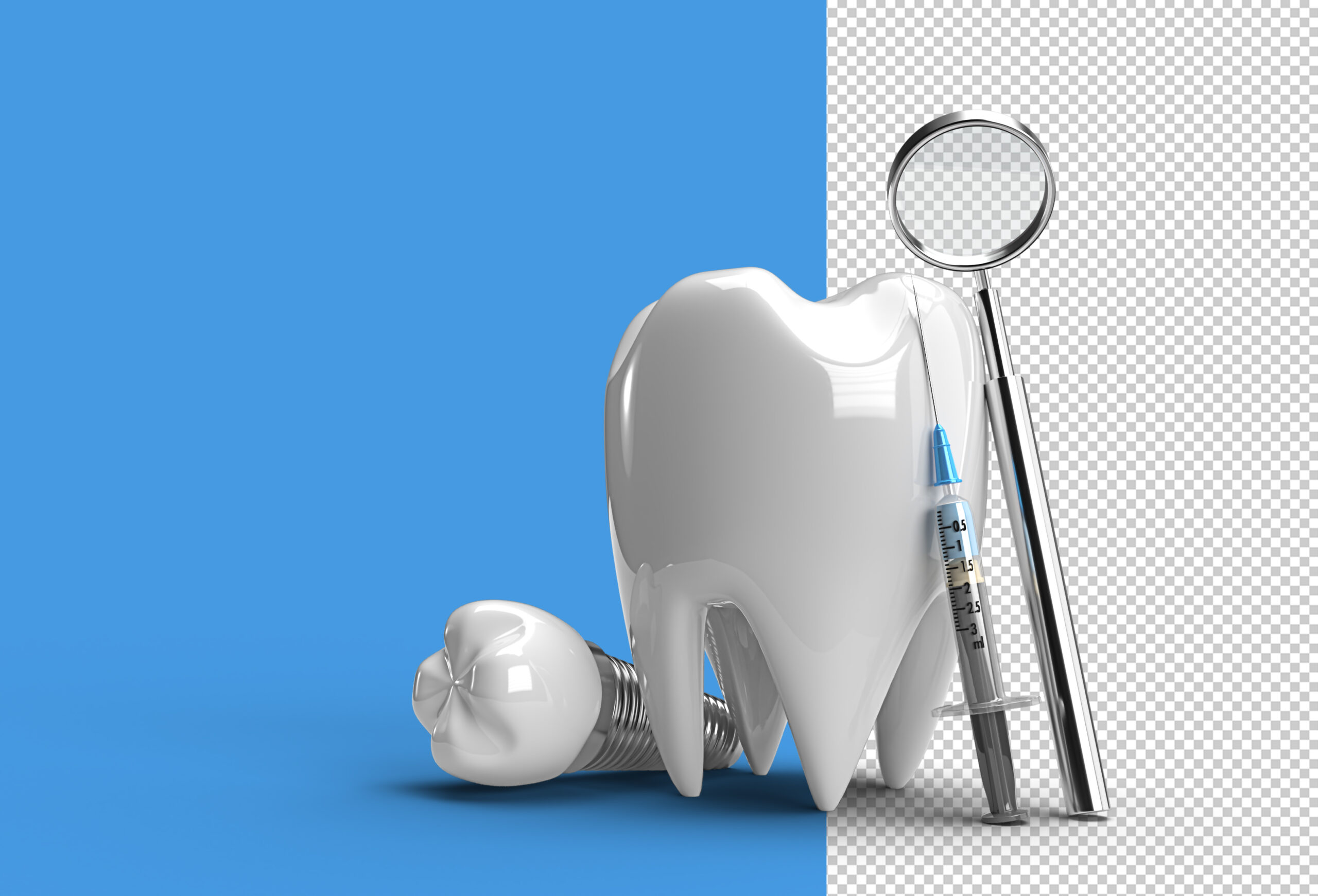Hormones play a pivotal role in women’s overall health and well-being. They regulate numerous bodily functions, including the menstrual cycle, mood, metabolism, and more. When hormones fall out of balance, it can lead to a wide range of symptoms and health issues. We’ll explore the common causes of hormone imbalance in women and discuss effective treatments to help restore harmony to your hormonal system.
Common Causes of Hormone Imbalance in Women:
Menopause: Menopause is a natural phase in a woman’s life when her reproductive hormones, estrogen, and progesterone, decline. This hormonal shift can lead to various symptoms such as hot flashes, mood swings, and sleep disturbances.
Polycystic Ovary Syndrome (PCOS): PCOS is a hormonal disorder that affects the ovaries and often results in irregular periods, excessive hair growth, acne, and fertility problems. Elevated levels of androgens (male hormones) are characteristic of this condition.
Thyroid Disorders: Conditions like hypothyroidism (underactive thyroid) or hyperthyroidism (overactive thyroid) can disrupt the delicate balance of thyroid hormones, affecting metabolism and overall health.
Stress: Chronic stress can lead to increased cortisol production, a stress hormone. Elevated cortisol levels can disrupt the balance of other hormones and contribute to symptoms like weight gain, sleep disturbances, and mood swings.
Birth Control and Hormone Replacement Therapy: Certain hormonal contraceptives and hormone replacement therapies can impact a woman’s hormone levels, potentially leading to imbalances.
Diet and Lifestyle Factors: Poor dietary choices, lack of exercise, and inadequate sleep can all affect hormone levels. Excessive consumption of processed foods, sugar, and alcohol can disrupt insulin and other hormones.
Effective Treatments for Hormone Imbalance in Women:
Hormone Replacement Therapy (HRT): For women experiencing severe menopausal symptoms, HRT can help rebalance hormone levels. However, it should be used under the guidance of a healthcare provider, as it comes with potential risks and benefits that vary from person to person.
Lifestyle Modifications: Implementing healthy lifestyle changes can significantly impact hormone balance. Regular exercise, a balanced diet rich in fruits, vegetables, and whole grains, and stress reduction techniques like yoga or meditation can make a big difference.
Nutritional Supplements: Some supplements, such as omega-3 fatty acids, vitamin D, and magnesium, can support hormone balance. Always consult with a healthcare provider before adding supplements to your regimen.
Thyroid Medications: If a thyroid disorder is the root cause of hormone imbalance, medication prescribed by a healthcare provider can help normalize thyroid hormone levels.
Stress Management: Managing stress through relaxation techniques, therapy, or mindfulness practices can help reduce cortisol levels and support hormone balance.
Natural Remedies: Herbal remedies like black cohosh, chasteberry (vitex), and evening primrose oil are often used to alleviate hormonal symptoms, especially during menopause. However, their effectiveness can vary, and it’s important to consult with a healthcare provider before using them.
Regular Check-ups: Regular check-ups with your healthcare provider are crucial for monitoring hormone levels and addressing any imbalances promptly.
Conclusion
Hormone imbalance in women is a common issue that can significantly impact quality of life. By identifying the underlying causes and considering appropriate treatments, women can regain hormonal balance and experience relief from distressing symptoms. It’s essential to work closely with a healthcare provider to determine the most suitable approach for managing hormone imbalance, as individual needs may vary. With the right strategies and support, women can achieve and maintain hormonal harmony, promoting overall health and well-being.
Hormone imbalance in women can result from various factors, but there are effective treatments and lifestyle changes that can help restore equilibrium to your hormonal system. It’s essential to work closely with a healthcare provider to determine the underlying cause of your hormone imbalance and develop a personalized treatment plan tailored to your specific needs and symptoms. With the right approach, you can achieve hormonal balance and improve your overall health and quality of life.





